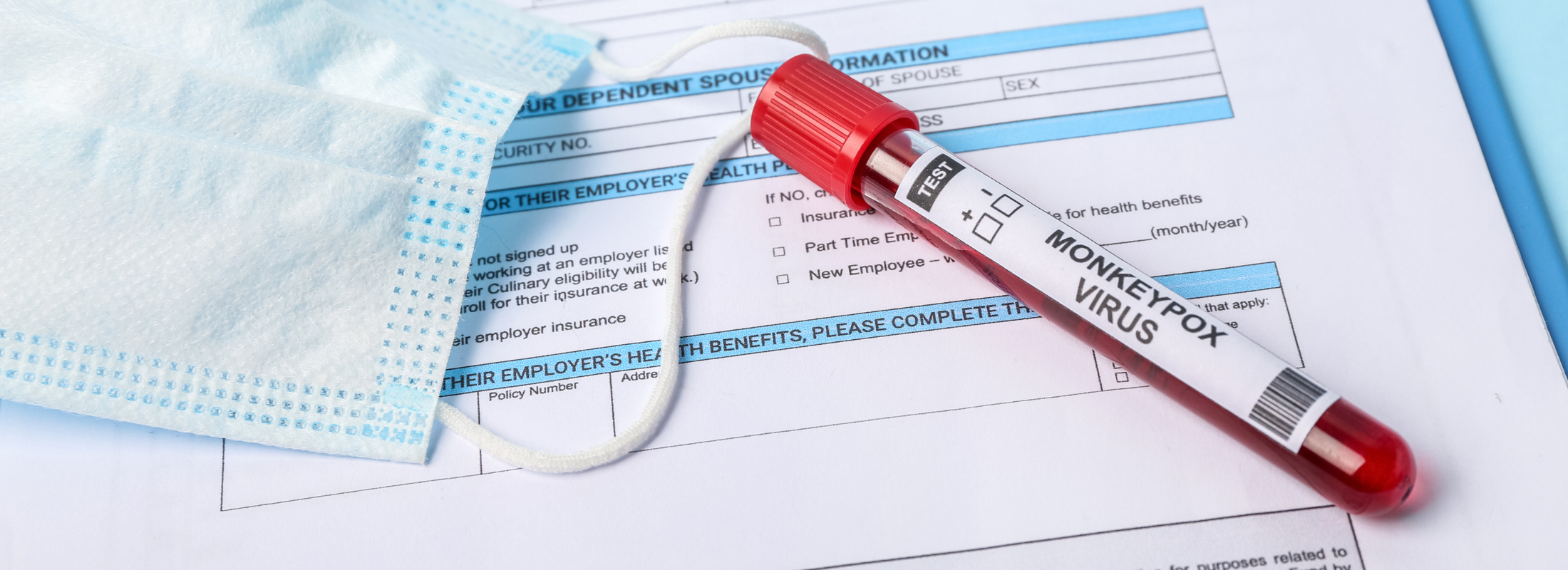
Table of Contents
Here are a few Monkeypox facts for you to consider. Monkeypox is a viral disease with symptoms in humans similar to smallpox, including fever and rash. Anyone can get and spread Monkeypox regardless of sexual orientation. The virus can spread person to person through direct contact with lesions, body fluids of an infected person, or virus-contaminated objects such as bedding or clothing.
The incubation period for Monkeypox is between 5 and 21 days. The illness can begin with fevers, muscle aches and swollen lymph nodes. Within 1 to 5 days after the appearance of fever, a rash develops, often beginning on the face then spreading to other parts of the body.
Monkeypox Facts: Testing
Typically, healthcare professionals achieve confirmation of Monkeypox virus infection by obtaining a swab sample from a lesion. Monkeypox is a viral disease that manifests as a rash-like skin condition with characteristic lesions. To confirm the presence of Monkeypox virus, a healthcare professional will collect a swab sample from one of these lesions. The swabbing process involves gently rubbing a sterile cotton swab on the lesion’s surface to collect cellular material and fluid. After collection, the healthcare provider sends the sample to a laboratory for testing, where they employ various diagnostic techniques such as polymerase chain reaction (PCR) or viral culture to detect and identify the Monkeypox virus.
The best monkeypox facts: Treatment is mainly supportive. The illness is usually mild and most of those infected will recover within a few weeks without treatment. Healthcare providers may prescribe medications such as stool softeners, oral rinses, and topical creams to relieve symptoms. Additionally, the JYNNEOS vaccine, which protects against smallpox, is being offered as the viruses are related.
If you believe you may have come in contact with monkeypox or you suspect you might have contracted an infection, visit your PCP or local Urgent Care Center to be seen promptly. If you are experiencing a serious health emergency, such as a sudden and severe inability to breathe properly, please dial 911 or visit the nearest ER immediately.
Author:
Rupal Bhingradia, MD, FAAFP, FCUCM
© Excel Urgent Care and Affiliates 2022

